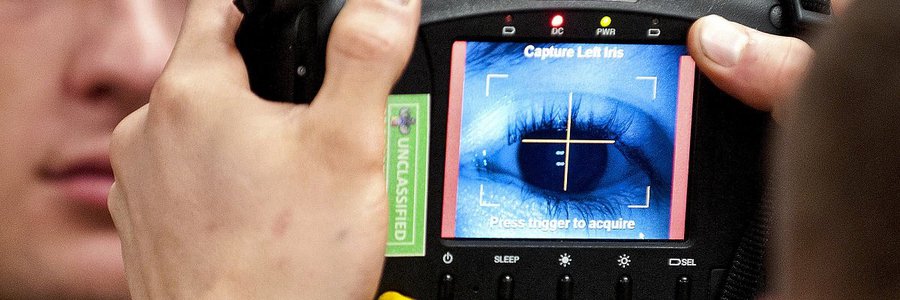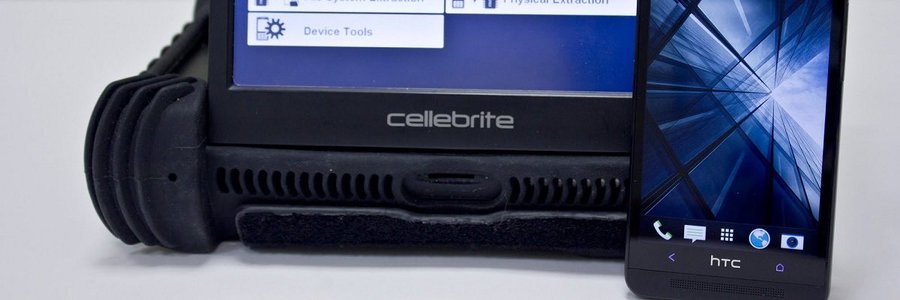Street Level Surveillance: Biometrics FOIA Campaign
Participation is simple: Fill in the form at EFF’s website, and we’ll handle the rest. But the impact could be huge.
As biometric technologies have advanced — with fingerprint scanners now standard on many phones and DNA testing becoming a consumer industry — private companies have become increasingly aggressive about selling these services to law enforcement groups. And just as technology that powers your cell phone has shrunk in both size and cost, mobile surveillance and tracking tools are now being deployed more cheaply than ever before — and with less oversight.
There is no existing national database that tracks who is using what, how well its working, or what policies are in place to understand how your freedoms are being protected. So MuckRock and the EFF are doing a national census — via public records requests — asking agencies what they have and how they’re using it.
Once you fill out the form below, we’ll take the information and generate a legally-binding public records request, customized to the jurisdiction you’re interested in (an example of what the public records request will look like).
Together, we can map how these technologies are being used — and potentially abused — across the country. You can also see which requests have already been submitted below, and file your own request here.
6 Articles

Biometric firm enters into trial agreement with Southwestern Border Sheriffs Coalition
This spring, private biometric intelligence company BI2 Technologies entered into an agreement with a law enforcement faction known as the Southwestern Border Sheriff’s Coalition. The partnership promised that BI2 would donate and integrate biometric identification devices and systems into sheriff departments along the U.S. and Mexico border.

California Department of Justice spent nearly two million dollars on controversial facial recognition software
In responding to our records request California Department of Justice (CADOJ) has provided documents detailing their acquisition of an expansive and highly advanced facial recognition system. The $1.7 million tech can preform thousands of searches an hour, and appears to be fully integrated with a massive array of police databases.

Training bulletin illustrates how Denver Police plan to use Cellebrite tech to crack phones
Responding to our recent request for mobile phone forensic tools records, Denver Police Department has provided us with not only contracts, but a training bulletin for their Cellebrite Universal Forensic Extraction Device. Cellebrite’s UFED, as the device is more commonly known, is the leading model of mobile phone data extraction tools in law enforcement.
144 Requests
No Responsive Documents
Dave Maass sent this request to the Indiana Integrated Public Safety Commission of Indiana
Awaiting Response
Dave Maass sent this request to the Indianapolis Metropolitan Police Department of Indianapolis, IN
No Responsive Documents
Mobile Biometric Technologies (Albuquerque Police Department)
Dave Maass sent this request to the Albuquerque Police Department of Albuquerque, NM
Rejected
Mobile Biometric Technologies (Alexandria Police Department)
Dave Maass sent this request to the Alexandria Police Department of Alexandria, VA
No Responsive Documents
Mobile Biometric Technologies (Ames Police Department)
Dave Maass sent this request to the Ames Police Department of Ames, IA
No Responsive Documents
Mobile Biometric Technologies (Anoka County Sheriff's Office)
Dave Maass sent this request to the Anoka County Sheriff's Office of Anoka County, MN